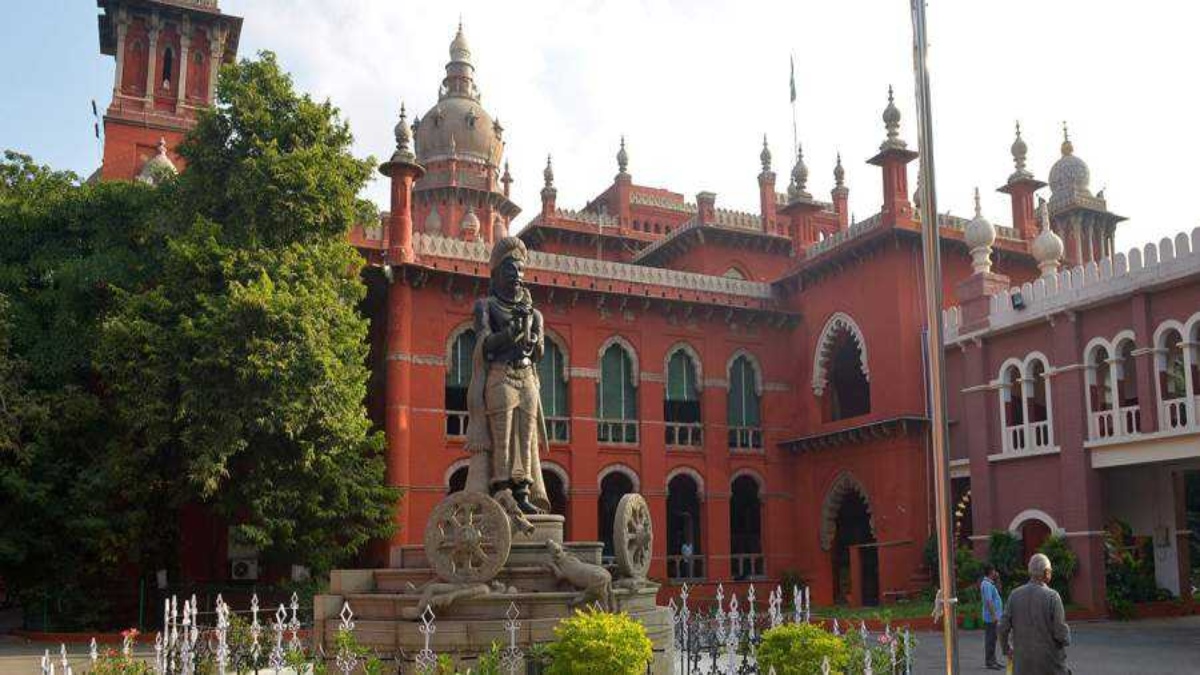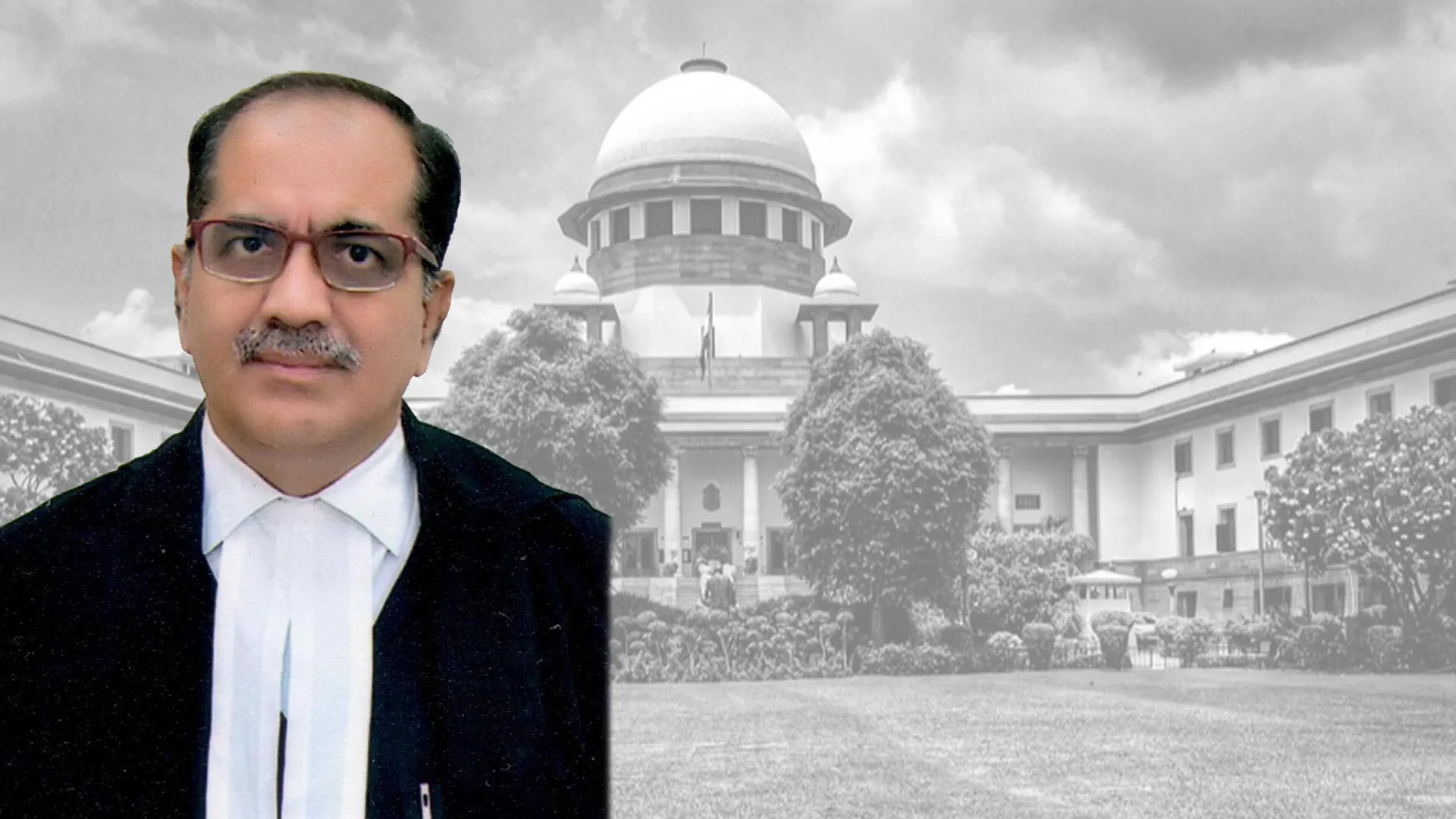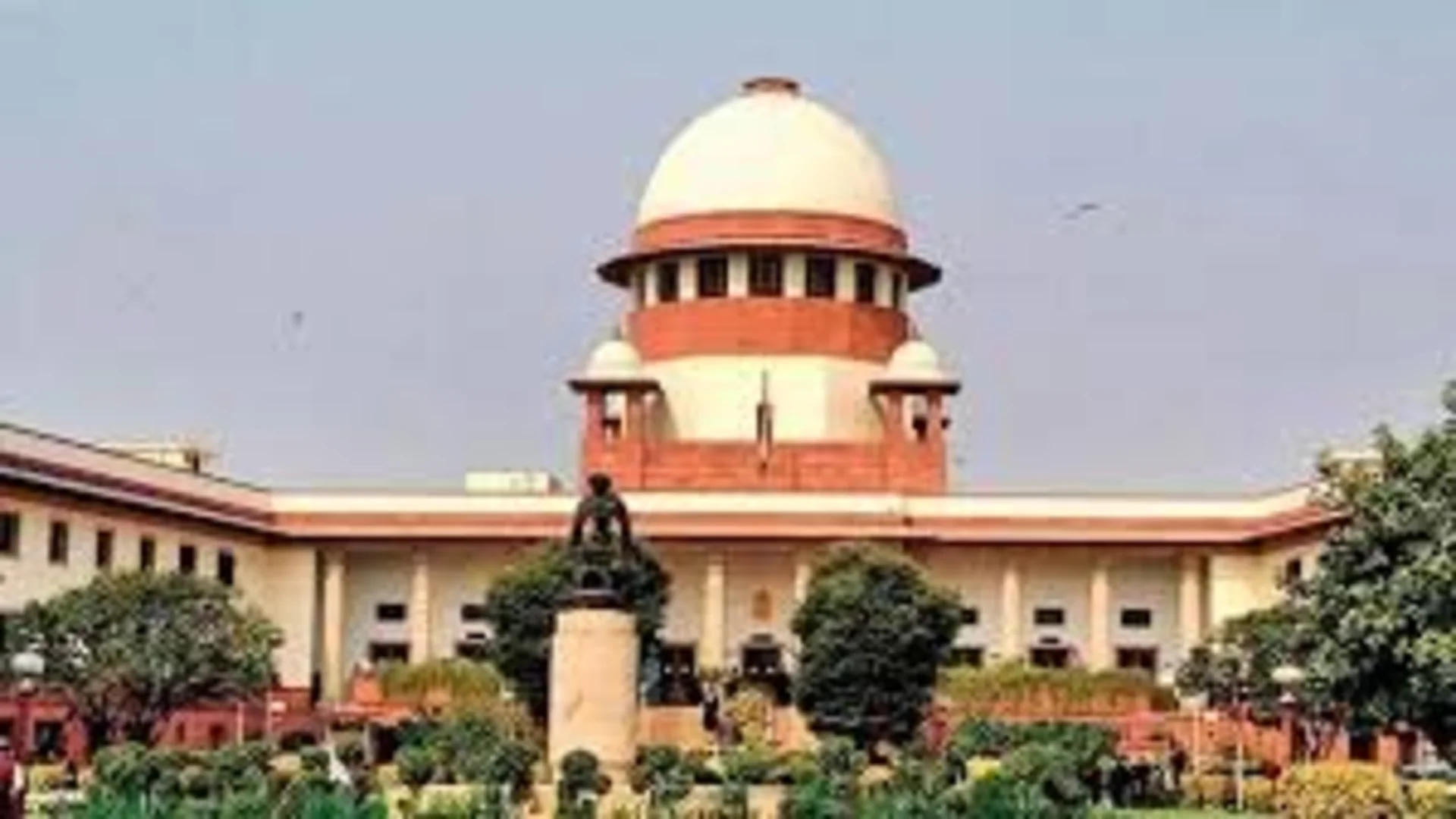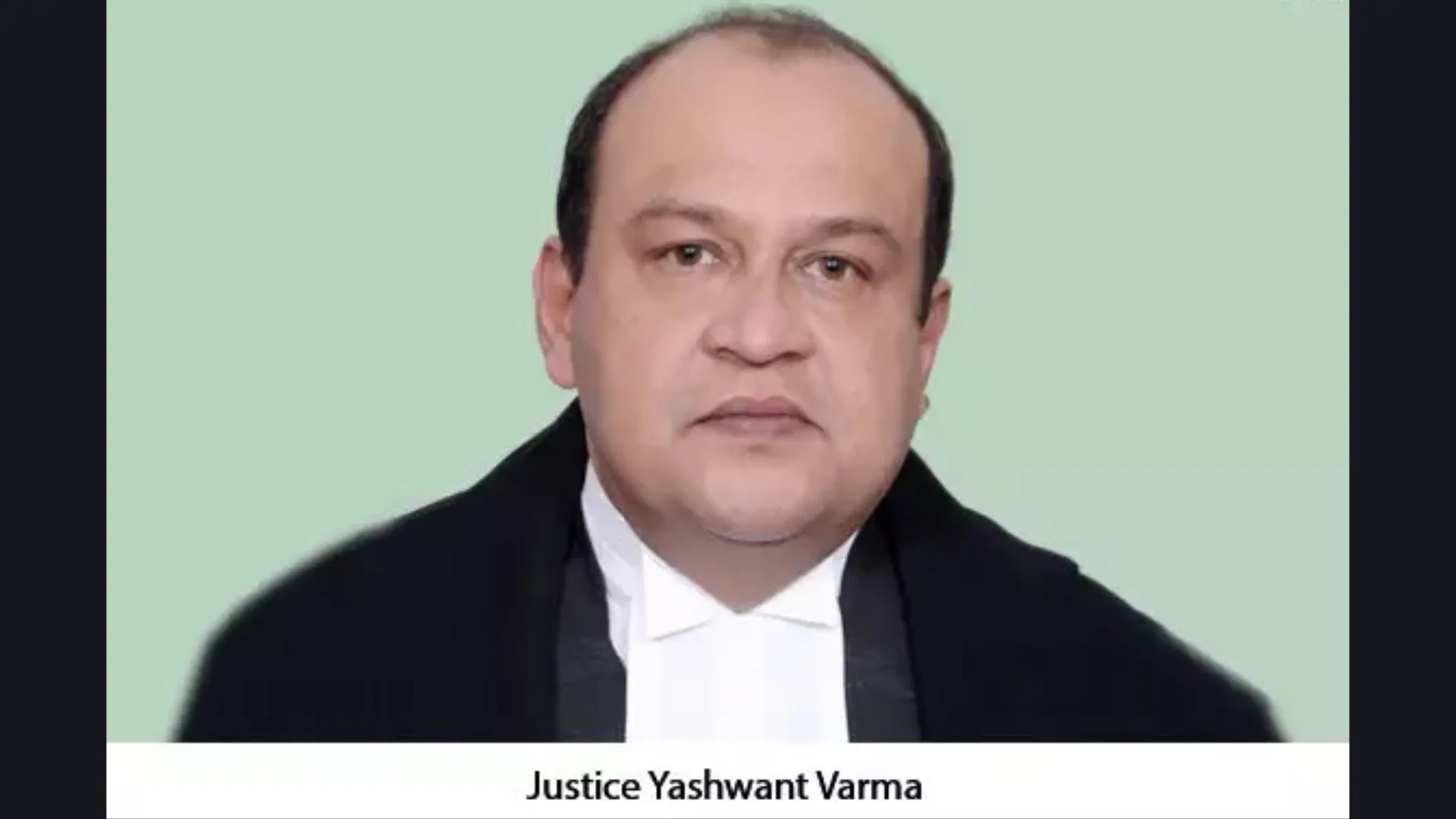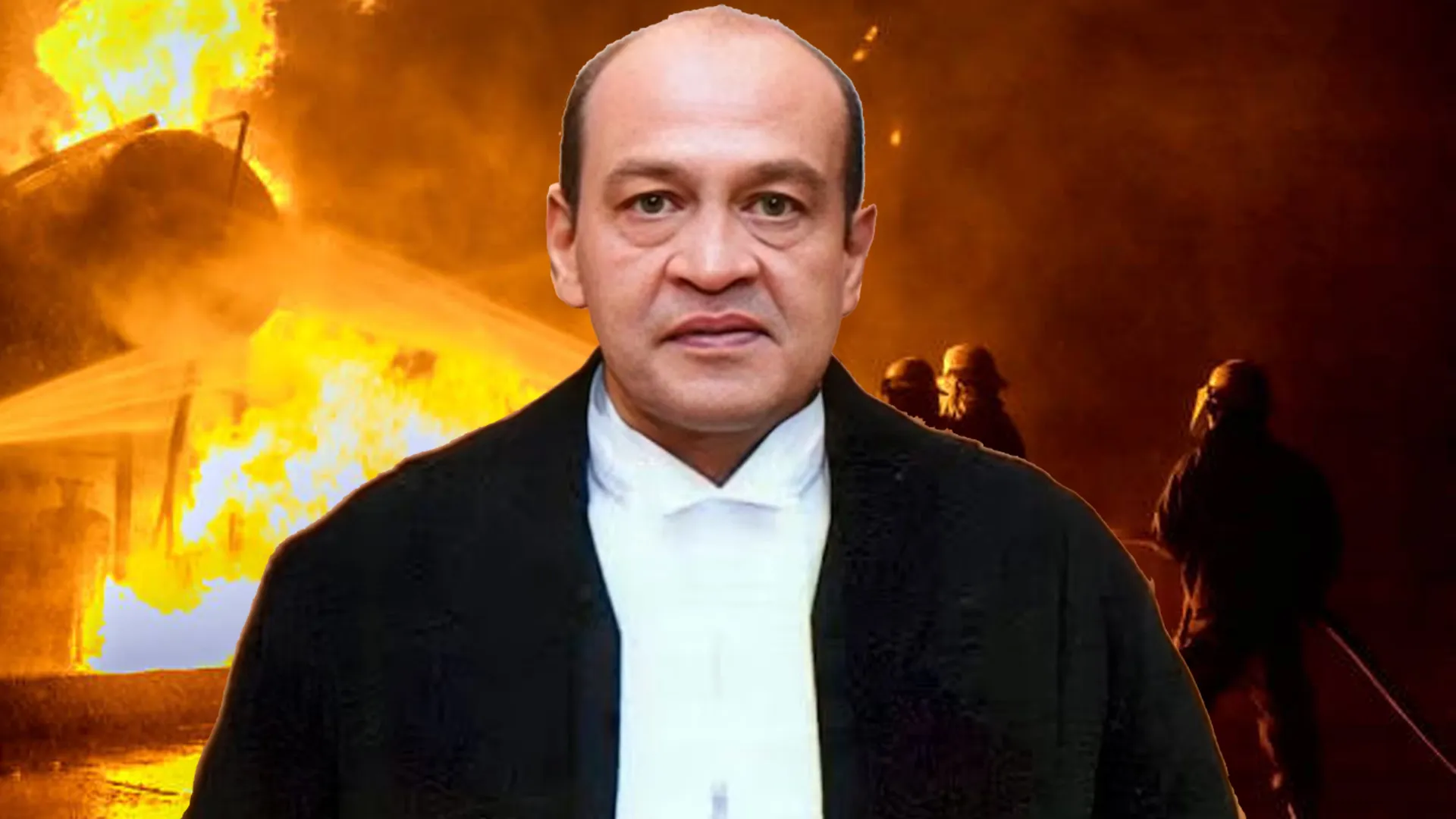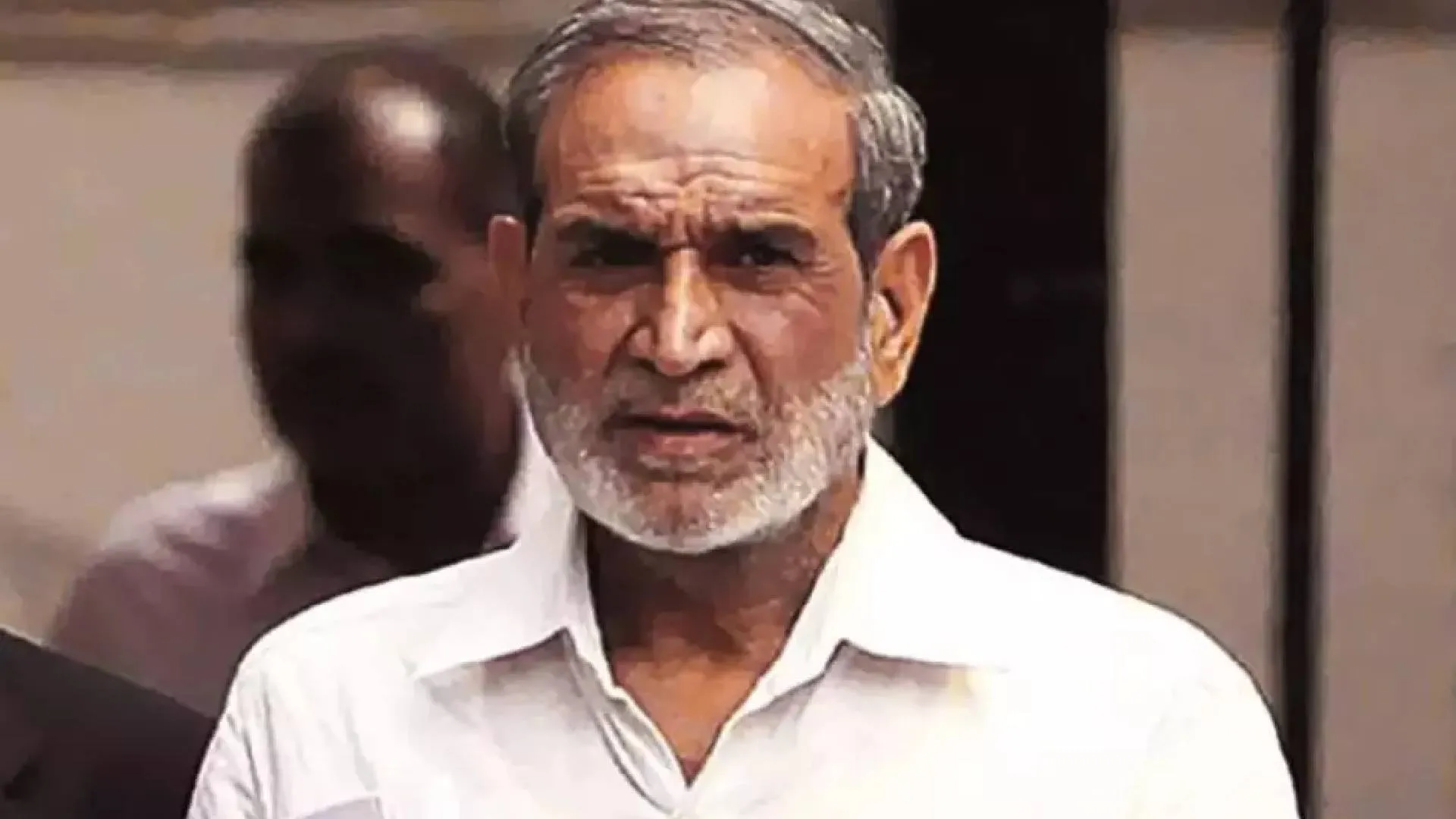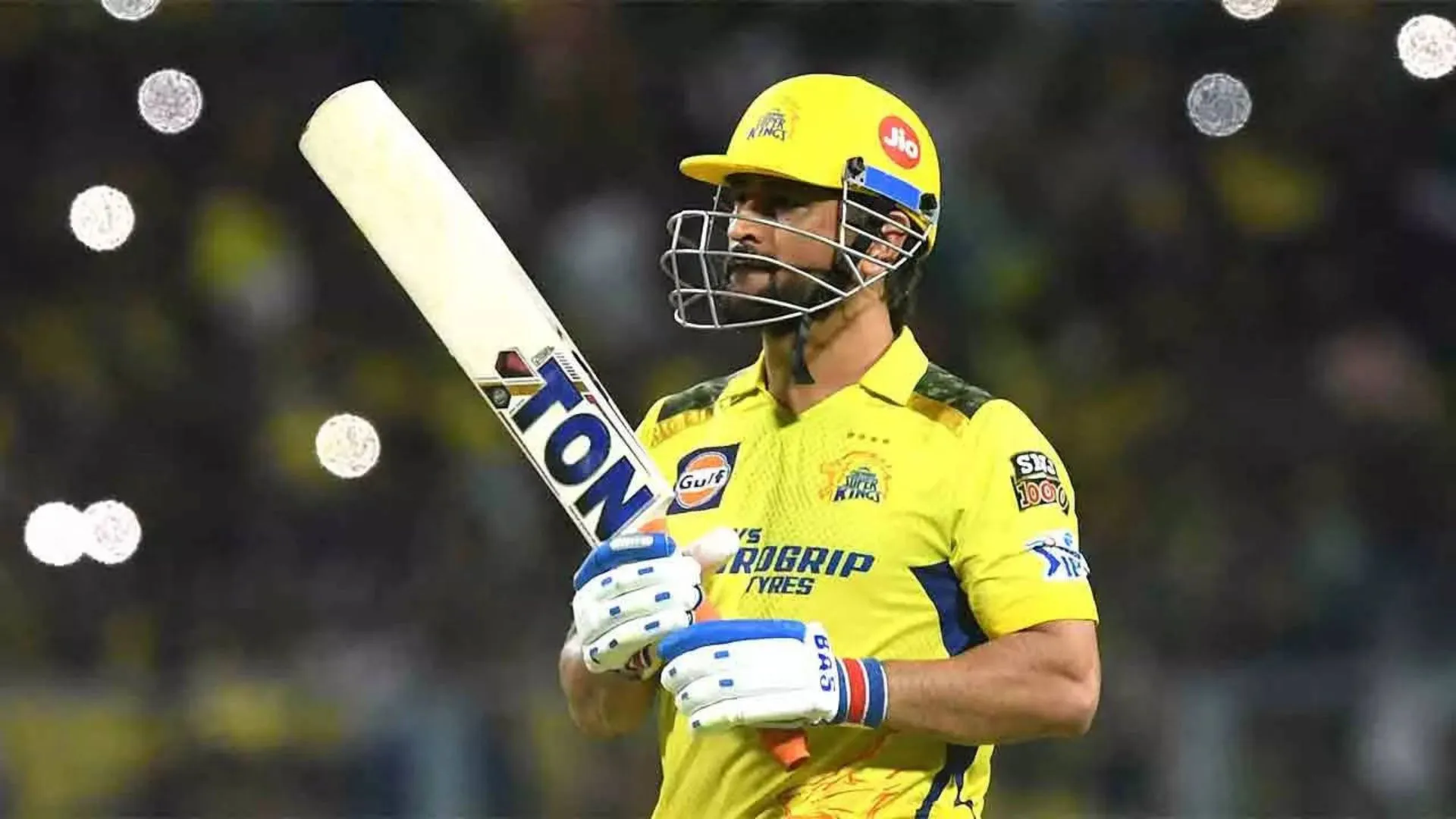Recently, a Single-Judge Bench of the Hon’ble Madras High Court headed by Hon’ble Mr. Justice N. Anand Venkatesh, had given an important order regarding ‘right to be forgotten’ (‘RTBF’) or right to erasure as a facet of the fundamental ‘right to privacy’, in an anonymous reported writ petition with the citation W.P. (MD). No. 12015 of 2021 (‘High Court Order’). This development follows another remarkable order on RTBF announced previously by the Hon’ble Delhi High Court in Jorawer Singh Mundy @Jorawar Singh Mundy vs. Union of India and Ors., 2021 SCC OnLine Del 2306 (‘Mundy Case’), which has been analysed and critiqued by myself in an earlier issue for The Daily Guardian dated June 1, 2021.
BRIEF BACKGROUND
The High Court Order is the first of its kind, as it interestingly completely masks the identity and any personal data/information of the petitioner who is seeking to obtain the RTBF. As recorded by the High Court, the anonymous petitioner had previously faced criminal proceedings of offences for which punishments are prescribed under Section 376 (Punishment for offense of rape) and Section 417 (Punishment for offense of cheating) of the Indian Penal Code (‘IPC’). Eventually, the petitioner was ultimately convicted of the above-mentioned offences by the Trial Court in September 29, 2011. Subsequently, the petitioner had appealed this judgment before the High Court, ultimately resulting in their acquittal from all charges in a judgment delivered on April 30, 2014 (Crl. A. (M.D.). No. 321 of 2011).
However, the petitioner’s name kept getting reflected in the judgment rendered by the High Court and was freely accessible to anyone who typed their name in Google Search. Even though the petitioner was acquitted, the fact is that they have been identified as an accused throughout the previous judgment. Consequently, the petitioner argues that this causes a serious impact on the reputation of the petitioner in the eyes of the society. Therefore, the petitioner wishes for the High Court to grant an order redacting their name from the judgment of the High Court.
HIGH COURT’S ANALYSIS
The High Court Order observes that by virtue of the previous acquittal order, the petitioner could no more be identified as an accused in the eye of the law. Given the fact that the world is under the grips of social media, the background of any person could be assessed by everyone entering into a Google Search and collecting data on the petitioner. Moreover, the High Court observes that there can be no assurance that the data obtained from a Google Search on an individual is authentic.
Yet, as the data is publicly available, it creates a first impression on mind of the one using Google Search. Depending on the data provided, the Google Search can make or mark the characteristic of a person in the eyes of the society. The High Court Order observes that in today’s world, everyone attempts to portray themselves in the best possible way on social media. It is one of the new challenges faced by the world and has everyone grappling to deal with the harbinger of further complexities awaiting mankind.
Moving forward, the High Court Order observes that the Central Government is in the process of finalizing a Data Protection legislation which will effectively protect the data and privacy of a person. It also observes that the legislature has enacted laws protecting the identity of victims of certain crimes who are women and children, due to which their names are not reflected in any order passed by a Court and automatically stand redacted, ensuring that no one is able to identify such a victim.
Subsequently, the High Court Order observes that while the person and privacy of the individual are protected by such laws, no such legal protection has been similarly extended to accused individuals who have been ultimately acquitted from all charges in a criminal case. It is due to this reason that an individual who was acquitted of all charges approached the High Court for a similar remedy, seeking redaction of their name from the previous judgment passed by the High Court.
HIGH COURT’S ORDER
The High Court recorded that the petitioner’s request for seeking a RTBF order could be made only by placing reliance upon Article 21 of the Indian Constitution, which mentions the fundamental right to life and personal liberty. Recalling the Nine-Judge Constitution Bench judgment of the Hon’ble Supreme Court in Justice K.S. Puttaswamy (Retd.) vs. Union of India, (2017) 10 SCC 1 (‘Puttaswamy Judgment’), the High Court stated that the right to privacy has been held to be a fundamental right which is traceable to Article 21 of the Constitution. The High Court Order also observed that a similar case had come up before the Delhi High Court (implicitly referring to the Mundy Case), where the Delhi High Court had granted a RTBF order.
Moving forward, the High Court remarked that if the essence of the Puttaswamy Judgment was applied to the petitioner’s writ seeking RTBF in the present case, “obviously even a person, who was accused of committing an offense and who has been subsequently acquitted from all charges will be entitled for redacting his name from the order passed by the Court in order to protect his Right of Privacy.” Consequently, the High Court held that a prima facie case had been made out by the petitioner, entitling them to redact their name from the previous High Court judgment. However, as such a case had come up for the first instance before the High Court, it also sought to hear the Advocates appearing in the case and members of the Bar in order to understand the various ramifications that the High Court Order may have, before writing a detailed judgment.
CRITIQUE
There are seven reasons on the basis of which I argue that the High Court Order in the present case is flawed. First, similar to the Mundy Case before the Delhi High Court, the Madras High Court opted to make a prima facie review. However, unlike the former case, the Madras High Court in the present case did not identify competing interests or rights, which would necessitate a balancing of RTBF with such competing interests or rights. Consider for example the ‘fundamental right to freedom of speech and expression’ of citizens and the ‘fundamental right to practice any profession, or to carry any occupation, trade or business’ (which would also cover news reportage and journalistic professions or work by citizens) are important competing interests/rights, which were not mentioned and balanced against RTBF by the High Court Order.
Second, apart from the above-mentioned competing interests/rights, there is a need for courts to have maintenance of transparency, as well as the need for the citizens/general public to have ‘access to information’ (which enables them to exercise some fundamental rights, such as right to freedom of speech and expression). Notably, the High Court Order in its prima facie review did not mention or attempt to balance these competing interests/rights against RTBF.
Third, since criminal proceedings are a part of the public record, it follows that the public officials and Indian citizens should have a right to know if an individual was tried for a grave offence under the IPC or other laws, especially offences such as ‘rape’ or other sexual offences, which was the case in the previous judgment mentioned in the present High Court Order. Importantly, rape or other sexual offences are serious actions against the bodily autonomy, dignity, decisional privacy and the person of an individual. The lack of legal protection to an individual who is acquitted of a rape charge shouldn’t therefore be equated with the protection of masking identities or personal data that legislature has provided to woman or child victims in cases involving serious offences such as those involving rape or other sexual offences.
Fourth, as pointed by myself in a previous article for The Daily Guardian (dated June 1, 2021), the fundamental right to privacy created by the Puttaswamy Judgment does not have a ‘horizontal application’ (i.e. exercise of an individual’s fundamental right against a person or entity other than the State). Consequently, assuming but not admitting that the petitioner’s RTBF exists in the present case, private entities such as Google cannot be ordered by the High Court to enforce RTBF as a facet of fundamental right to privacy. Further, while the ambit of the High Court’s writ jurisdiction under Article 226 of the Constitution is wider than the Supreme Court’s writ jurisdiction under Article 32, the High Court’s powers cannot be used to enforce fundamental rights against non-State actors or private entities which do not perform a ‘public function’.
Fifth, the High Court Order is contrary to the position taken by the Hon’ble Gujarat High Court in Dharmraj Bhanushankar Dave vs. State of Gujarat, S.C.A. No. 1854 of 2015, where the High Court had rejected a plea similar to the present RTBF order. In the Dharmraj Dave case, a permanent restrain on free public exhibition of a judgment and order in which the concerned petitioner was acquitted from criminal proceedings involving ‘murder charges’ was being sought. The contrary stances taken by Madras High Court, as well as the previous Delhi High Court order in the Mundy Case furthers judicial incoherence on RTBF in India.
Sixth, in absence of any law enacted by the Indian Parliament to enable courts to grant RTBF and in light of the ‘horizontal-application’ nature of the fundamental right to privacy as propounded by the Puttaswamy Judgment, private entities such as Google cannot be compelled to redact the identity of individuals from the internet, especially when they are merely linking information or providing location of webpages detailing a reported court order. Lastly, it is pertinent to point out that there is neither any international instrument or treaty entered into by India nor any customary law which imposes any obligations on States to create laws or legislative mechanisms to provide an individual a RTBF or right to erasure of personal data, especially against non-State actors or private entities.
CONCLUSION
In light of the above-mentioned critique, I have sought to establish that the Madras High Court’s order in the present case is flawed. However, the increasing number of RTBF applications before various Indian High Courts highlight an imminent need for the Parliament to consider enacting a statutory mechanism governing RTBF or passing a constitutional amendment creating a ‘horizontal application’ of fundamental right to privacy, which would enable judicial authorities to adjudicate writ litigations invoking right to privacy under Article 21 of the Constitution to enforce RTBF against private entities such as Google. Nevertheless, it is important to bear in mind that if a RTBF is created through a statutory enactment or a constitutional amendment, much like its parent right to privacy, it cannot be an absolute right. A RTBF should not be extended to enable individuals acquitted from serious offences such as rape or other sexual offences, murder, offences relating to narcotic drugs and psychotropic substances etc.
The increasing number of RTBF applications before various Indian High Courts highlight an imminent need for the Parliament to consider enacting a statutory mechanism governing RTBF or passing a constitutional amendment creating a ‘horizontal application’ of fundamental right to privacy, which would enable judicial authorities to adjudicate writ litigations invoking right to privacy under Article 21 of the Constitution to enforce RTBF against private entities such as Google.

